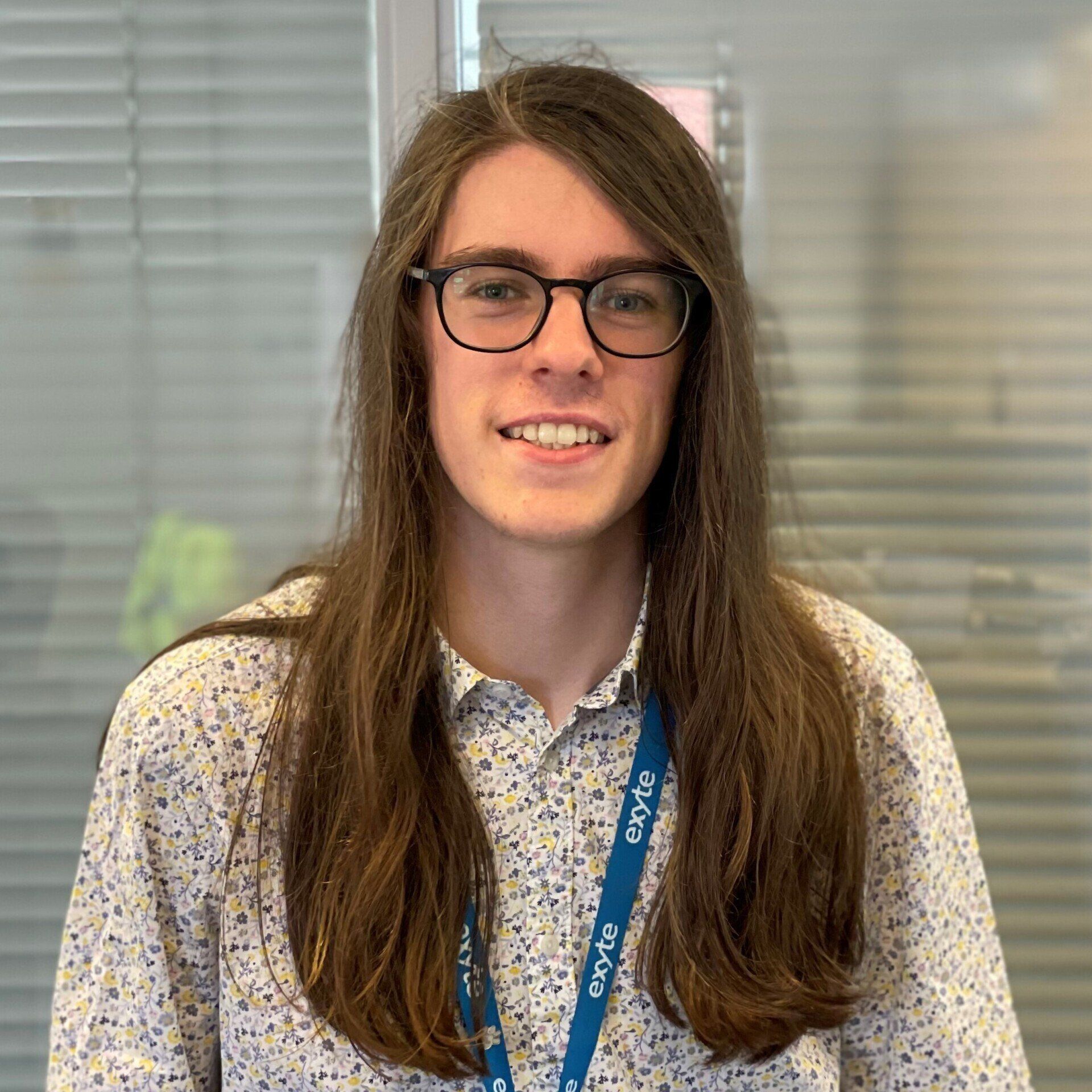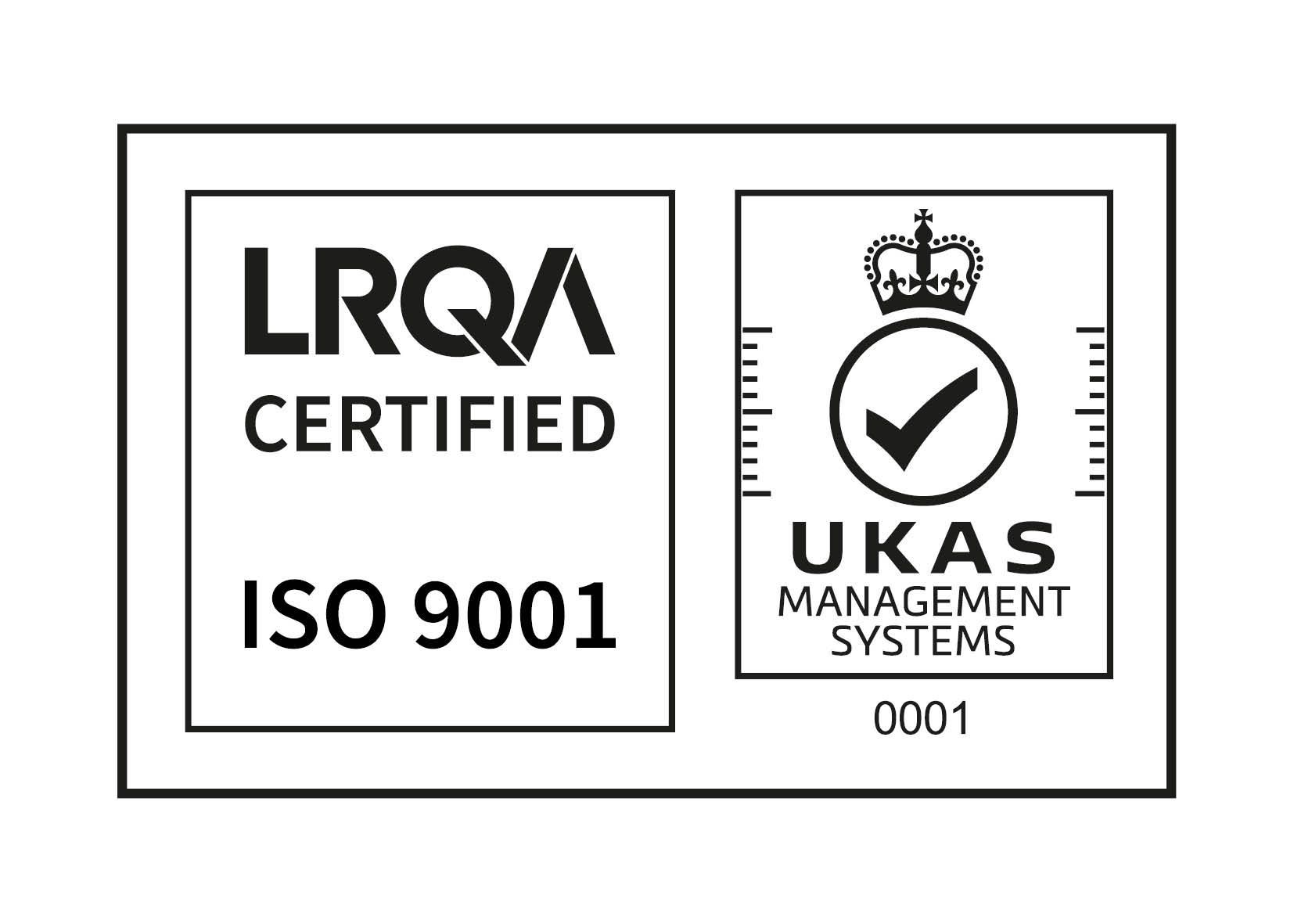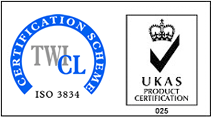Equality, Diversity & Inclusion - Kathryn Murphy
Kathryn Murphy is a Projects SHEQ Officer at Exyte Hargreaves and has worked in construction & engineering for 10 years. Here, she shares her experiences and perspectives on equality, diversity & inclusion in the industry.
What attracted you to a career in construction?
It wasn’t necessarily a conscious choice – I initially joined a small civil engineering company doing general site administration, but the small site team were lovely and soon began teaching me the basics of civil engineering and to this day I still enjoy a good concrete pour! Fortunately, I am now based on the Hinkley Point C project where there are some very impressive pours happening on an almost daily basis.
I have remained in construction as I enjoy seeing the different phases of construction projects – from being in design meetings with the BIM walk-throughs, right the way through to completion and handover to the client – it gives a sense of satisfaction.
As a woman, what has your experience of working in the industry been?
In my 10 years in construction, I have witnessed a noticeable shift with more women being involved in construction and not just in the traditional ‘pink collar’ roles such as administration and accounts. I have met plenty of female Site Engineers, Electricians, Project Managers, CAD Technicians, ESH Managers and Quality Engineers.
It’s also been good to see plenty of female apprentices and graduates on Project Management schemes on the larger construction projects I’ve been involved in.
In my experience the industry has become more accepting and accommodating of women – on my first construction site I was the only woman and the women’s toilet I was given the key to was also acting as a cleaning materials storage cupboard, now I’m on a site where the facilities have been designed with equal representation in mind.
Of your experience of Exyte Hargreaves, how have you felt supported?
Since I joined Exyte Hargreaves, through my line managers I have been given scope and opportunity to explore areas of my field that I believe will be of use to our projects from additional noise monitoring equipment and innovations for people plant interface safety.
What do you think makes a business equal, diverse and inclusive?
A good mix of people from different educational and different industry backgrounds, regardless of age, sex, orientation, ethnicity or any of the other protected characteristics detailed within the Equality Act.
A good mix of people improves cognitive diversity and increases creativity within the business. Which is ultimately good for business and increased awareness of other lives different to our own can help break down barriers and prejudices.
How do you think we can change stereotypical perceptions of the industry?
I think a greater awareness of the wide variety of roles within construction, some of which are found in other industries also so would have sought after transferable skills. The entry routes into the construction industry are often tailored to apprentice or graduate level – missing out on the opportunity to hire those who might have these transferrable skill sets.
We certainly need to improve the perception of the construction industry offices and welfare – it’s not all leaky modular cabins and portaloos anymore – the construction site office I’m writing this in has all the mod-cons you’d expect of a permanent building.
What advice would you give to a female thinking of joining the industry?
Reach out to those already within the industry who can give you a breakdown of how their role works – the good, the bad and the ugly, they may even be able to bring you in as a visitor (dependent on the site security clearance requirements) so you can experience the construction workplace environment for yourself.
There are plenty of networking groups popping up at the moment some of which have partnered with various companies offering advice and work experience opportunities such as Women in Construction.
Don’t be afraid to ask what you might think are ‘stupid’ questions, most girls aren’t raised being involved in DIY activities and undertaking engineering degrees. So there will be gaps in your knowledge and that’s okay, recognising the gaps and asking questions to get the answers are the building blocks and site experience of putting this knowledge into action is the cement holding it together.








